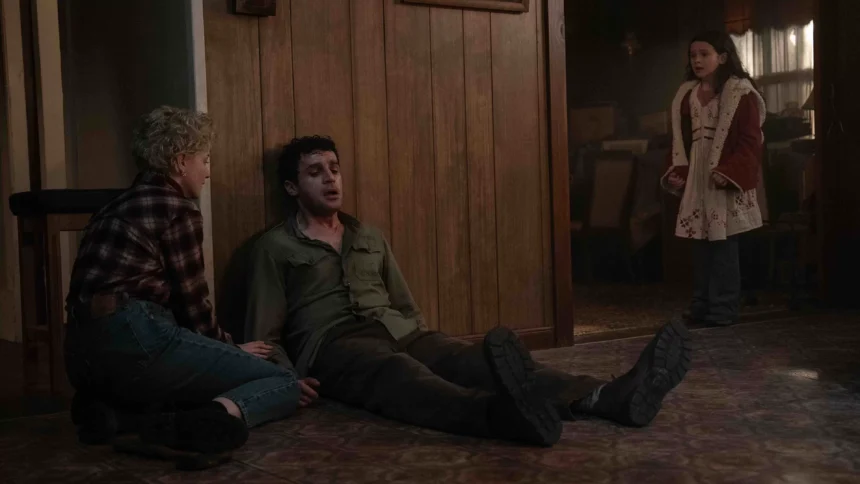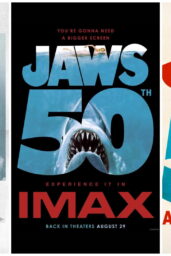January is a notoriously quiet month for the box office, but this year, Leigh Whannell's Wolf Man is poised to break the lull with its refreshing take on Universal's classic monster franchise. After the critical and commercial success of his 2020 reinvention, The Invisible Man, Whannell has proven himself adept at revitalizing old stories with new energy. If early projections hold, Wolf Man is set to mirror this success, with an estimated opening of $20-25 million.
A Proven Formula with Fresh Blood
Much like The Invisible Man, Whannell keeps the budget lean at just $7 million, focusing on storytelling, atmosphere, and character over bombastic effects. Filmed in the moody, haunting landscapes of New Zealand, Wolf Man embraces a cinematic aesthetic that is likely to amplify the story's brooding intensity.
The original Wolf Man (1941) was a parable about identity, duality, and the terror of one's inner nature. While details about the new version remain under wraps, Whannell's track record suggests a psychological approach, blending horror with existential dread. Expect Whannell's signature minimalism: tightly wound pacing, eerie silences, and a tension-filled buildup that lingers long after the credits roll.
Context in the Current Box Office Landscape
With its mid-January release date, Wolf Man faces little competition. Gerard Butler's Den of Thieves 2: Pantera opens to lukewarm predictions of $11-13 million, while Mel Gibson's Flight Risk and other smaller releases are unlikely to divert attention. This positions Wolf Man as the standout event of the month.
Universal's gamble on Whannell's vision has paid off before; The Invisible Man grossed $144 million worldwide on a $7 million budget. If Wolf Man comes anywhere near that performance, it will further cement Whannell as a go-to auteur for reimagining classic tales.
The Cast and Crew: Breathing Life Into the Beast
While specific casting details have been closely guarded, early reports suggest a performance-driven narrative akin to Elisabeth Moss's powerhouse turn in The Invisible Man. Whannell's writing often brings out layered performances, and Wolf Man seems poised to follow suit, with strong actors anchoring its suspenseful core.
Broader Implications for Universal's Monster Franchise
Universal has long struggled to revive its classic monster universe. The much-hyped Dark Universe failed spectacularly with 2017's The Mummy, but Whannell's low-budget, high-yield approach offers a blueprint for success. If Wolf Man performs well, it could open the door for similar reinterpretations of characters like Dracula or Frankenstein, ushering in a renaissance of intelligent, character-driven horror.
Personal Impressions
Leigh Whannell's ability to blend psychological depth with genre thrills is unparalleled. His films resonate because they don't just scare; they linger, forcing us to confront deeper fears about identity, autonomy, and power. Wolf Man appears to build on these themes, offering a blend of visceral scares and thought-provoking drama.
As someone who admires Whannell's knack for turning limitations into strengths, I'm excited to see how he uses the lean $7 million budget to craft something visually stunning and narratively tight. Horror often thrives on constraints, and Whannell's ability to evoke terror with subtlety makes him a master of his craft.
What do you think of Universal's strategy of reinventing classic monsters with modern sensibilities? Could Wolf Man mark the start of a new era for the genre?












